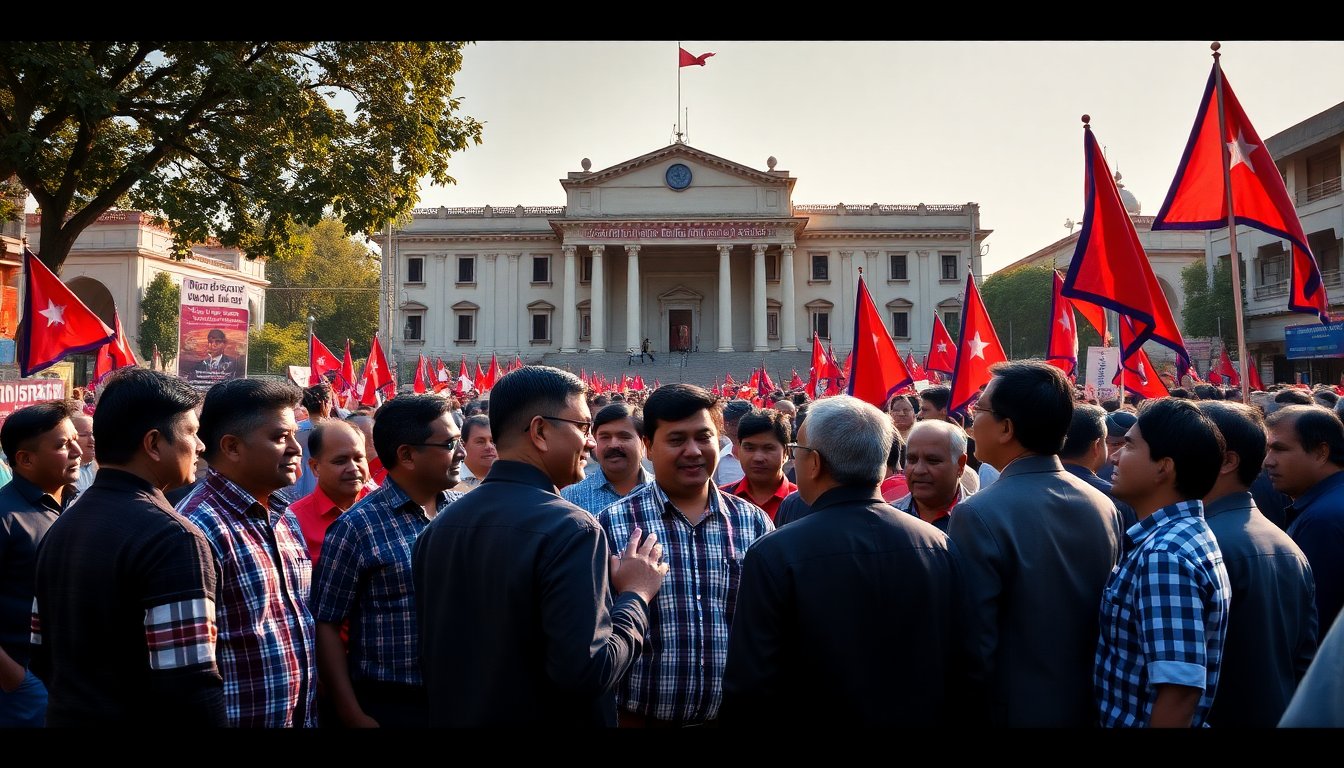Table of Contents
Recent political upheavals in Nepal have paved the way for the appointment of a new Prime Minister. This development represents a significant turning point in the nation’s governance and international relationships. Following widespread protests that led to the ousting of the former Prime Minister, the newly elected Prime Minister, Karki, has gained attention not only for her historic status as the first female Prime Minister but also for her commitment to addressing corruption. This article examines the implications of these changes, particularly concerning Nepal’s relationship with China.
The Political Landscape in Nepal
The protests that resulted in the dismissal of the former Prime Minister underscore the rising discontent among the populace regarding governance and accountability. In a notable move, President Ramchandra Paudel has dissolved the parliament, setting the stage for general elections scheduled for March. This political maneuvering indicates a climate of instability while also presenting opportunities for reform and revitalization.
Karki’s rise as the first female Prime Minister is not merely symbolic; her leadership may usher in progressive changes in governance. Her commitment to eradicating corruption aligns with citizens’ demands for transparency and integrity in political practices. As she embarks on her term, the international community is closely watching how these domestic changes will influence Nepal’s foreign relations, especially with neighboring China.
China’s Response and Future Collaborations
The Chinese government has promptly congratulated Karki, reaffirming the long-standing friendship between China and Nepal. Beijing’s foreign ministry has expressed its readiness to collaborate with the new government to enhance exchanges and cooperation across various sectors. This response highlights China’s strategic interests in Nepal, which have become increasingly significant in the context of regional stability and economic partnerships.
China’s diplomatic gestures are noteworthy, particularly given the historical ties between the two nations. The emphasis on mutual respect for Nepal’s independent development path suggests China’s intention to strengthen bilateral relations, potentially paving the way for increased investment, infrastructure development, and economic collaboration.
The Intersection of Governance and International Relations
As Karki takes office, her leadership will be crucial in shaping Nepal’s foreign policy direction. The relationship with China is especially vital, considering its economic influence in the region. Karki’s government faces the challenge of balancing relationships with global powers while addressing internal issues such as corruption and governance reform.
Additionally, the upcoming elections will be a critical moment for the political landscape in Nepal. The results could reshape the national agenda and redefine Nepal’s position on the international stage. Observers will closely monitor how Karki’s government navigates these complexities and whether it can leverage international relationships to foster domestic growth.
Conclusion and Future Outlook
The recent shifts in Nepal’s political landscape, highlighted by Karki’s appointment, signal a new chapter for the nation. As she strives to combat corruption and implement reforms, her administration will likely play a pivotal role in shaping the future of Nepal’s relationships with its neighbors, particularly China. The forthcoming months leading up to the elections will be critical in evaluating the effectiveness of her leadership and the potential for economic and diplomatic advancements.


